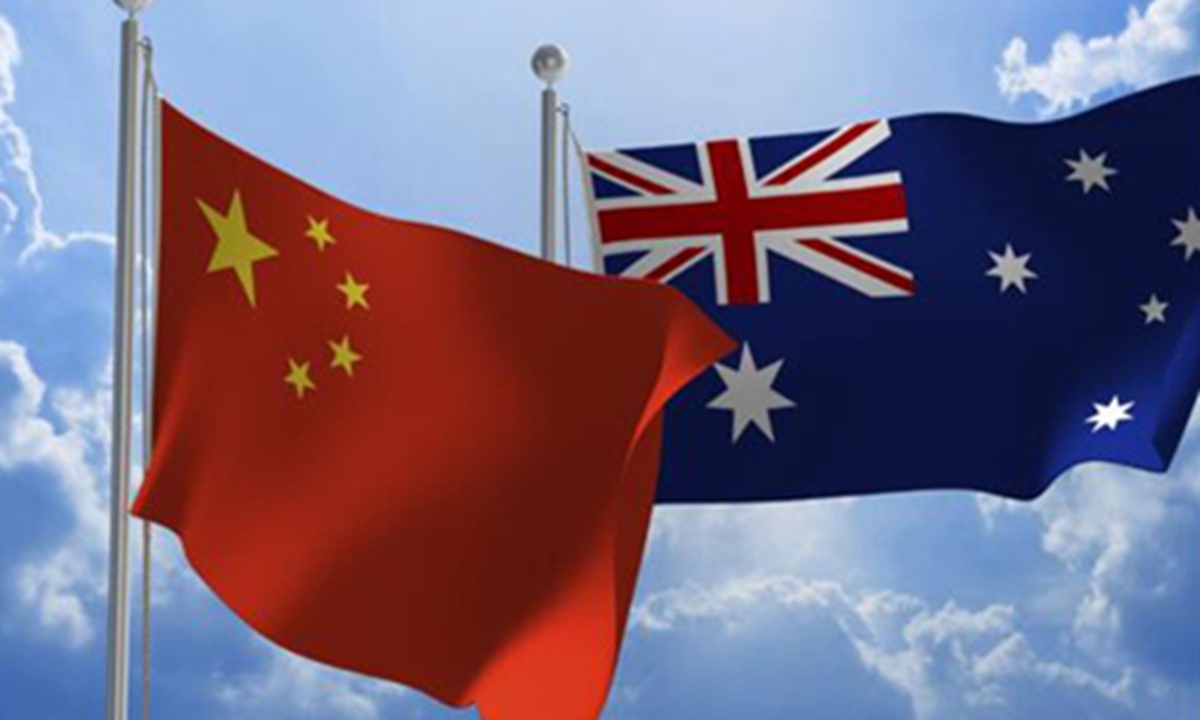Australia behaves like a ringleader to harm China’s interests
By Wen Sheng Source:Global Times Published: 2020/6/10 17:01:42

Photo: Xinhua
A couple of days after China's Ministry of Culture and Tourism urged citizens to avoid holidaying in Australia, the Ministry of Education on Tuesday issued another alert warning Chinese students to stay away from Australian schools, citing a significant increase in racial discrimination and even violence against Chinese and other Asians.More than $21 billion in revenue is at stake if Chinese people choose to cut off their travel and study tours in Australia, data from 2019 shows.
Naturally, substantially less investment from Chinese-owned companies will go to all industrial sectors of Australia, and bilateral trade will spiral down. One third of Australia's total exports - including iron ore, gas, coal and food - go to China, bringing in around $135 billion a year. The economic pain and job losses in Australia will mount up.
Mainstream Australian media outlets have noted the cooling of bilateral relations in the past few years. But they fail to point out that it is the unfriendliness of Canberra toward China that has annoyed and irked Chinese people.
Tensions have been simmering between the two nations in recent years, as Australia has formed a pattern of criticizing the policies of the Chinese government.
To fit into the US government's comprehensive plan to contain China's rise, Canberra has even sought to act as a ringleader in ganging up against China.
The international community knows clearly why the US government is attacking Huawei Technologies - just because the Chinese tech company is leading in 5G. Washington has been fomenting its allies to shun Huawei's products. Canberra became the first country to cohort with Washington to ban Huawei from taking part in the rollout of 5G mobile infrastructure.
China's Belt and Road Initiative (BRI) is a project aimed at integrating the economies of Asia, Africa and Europe so that more people can benefit, but Australia's Home Affairs Minister Peter Dutton called the BRI a "propaganda initiative from China," claiming it would bring an "enormous amount of foreign interference."
In April, Foreign Minister Marise Payne made the call for a global inquiry into China's handling of the Covid-19 outbreak, independent of the World Health Organization (WHO), despite the fact that the new coronavirus, like Dengue, MERS, SARS or malaria, stems from nature.
Most recently, Payne teamed up with the Canadian and British foreign ministers to issue a joint statement smearing the national security legislation for Hong Kong by China's National People's Congress (NPC), wantonly interfering in China's internal affairs.
Politicians in Canberra have bountiful reasons to be friendly with China, as it has benefited greatly from bilateral investment, trade, and exchange of people between the two countries, but they have chosen to confront China and harm China's legitimate interests.
What will China do in response? As China's ambassador to Australia has said, Chinese people will naturally use their feet to cast their vote.
The author is an editor with the Global Times. bizopinion@globaltimes.com.cn
Posted in: COLUMNISTS